‘What were you thinking?’: UK Prime Minister Liz Truss grilled on country’s financial turmoil
British Prime Minister has emerged from “hiding” amid her nation’s financial turmoil, only to be confronted by a barrage of angry questions.
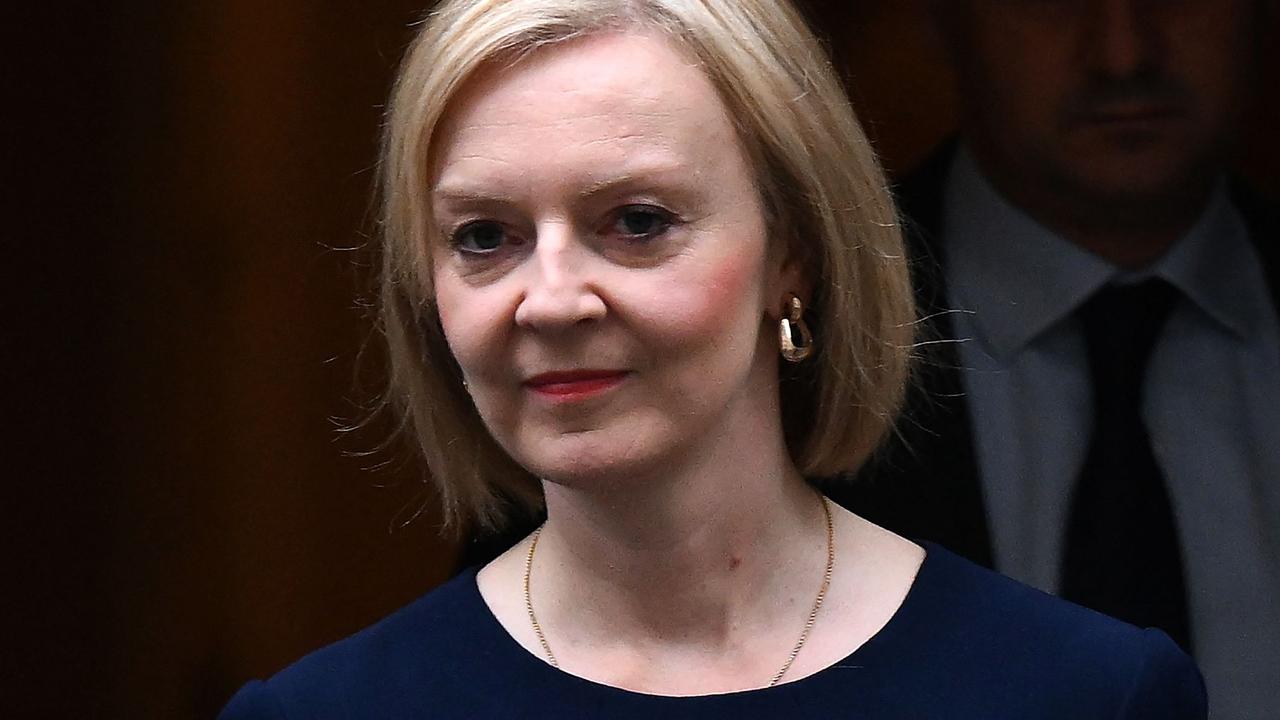
British Prime Minister Liz Truss emerged from her almost week-long silence on Thursday morning, local time, only to be confronted by a barrage of questions from radio hosts and angry members of the public.
Ms Truss was accused of going into hiding amid the fallout from her government’s “mini-budget”, outlined on Friday of last week, which included a $75 billion suite of tax cuts, to be funded by $120 billion of public borrowing next year.
The mini-budget was followed by a dramatic plunge in the value of the British pound, which is now hovering at a value of just over one US dollar. In addition, Britain’s cost of borrowing in international markets spiked, rising about the rates of even debt-ridden nations like Italy and Greece.
On Wednesday, UK time, the Bank of England was forced to intervene in an effort to stabilise the panicking financial markets. It announced it would intervene in bond markets, warning that allowing the “dysfunction” to continue or worsen would be a “material risk to UK financial stability”.
Having remained out of public view throughout the crisis, Ms Truss at last emerged on Thursday and did the rounds on eight local BBC radio stations. You can listen to all eight interviews here, should you so desire.
Stream your news live & on demand with Flash. From CNN International, Al Jazeera, Sky News, BBC World, CNBC & more. New to Flash? Try 1 month free. Offer ends 31 October, 2022 >
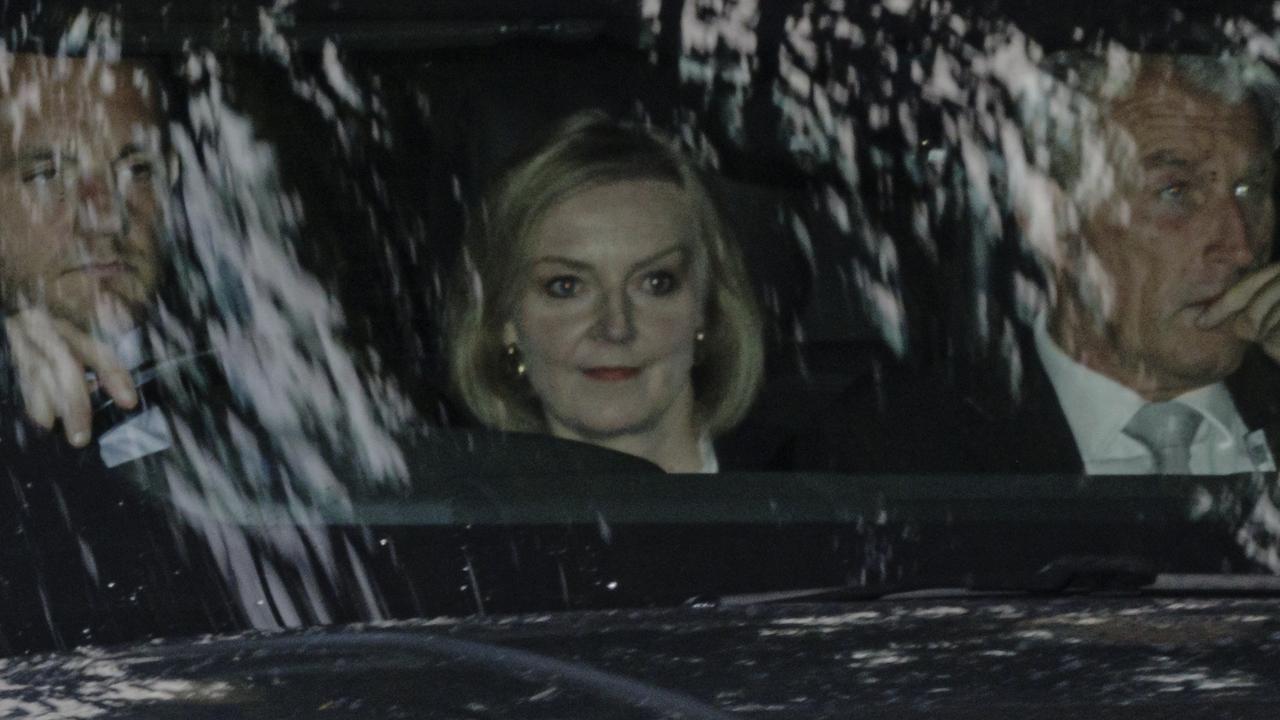
Her first stop was BBC Leeds, where host Rima Ahmed asked Ms Truss about her long absence from public view amid the crisis.
“Since Friday, since your Chancellor’s mini-budget, the pound has dropped to a record low, the IMF has said you should re-evaluate your policies, and the Bank of England has had to spend 65 billion pounds to prop up the markets because of what they describe as a ‘material risk’. Where have you been?” she asked.
“Well I think we’ve got to remember the situation we were facing this winter. We were facing a situation where people could have had to pay energy bills of up to 6000 pounds ($10,000), where inflation was increasing, and where we were looking at an economic slowdown, which would have had a huge impact right across the country,” Ms Truss replied.
“So we had to take decisive action.”
Ahmed reiterated her initial question, which was about Ms Truss’s silence as the financial markets were panicking.
“Well I’m here today on Radio Leeds talking to you,” said the Prime Minister.
Next, on BBC Norfolk, host Chris Goreham asked Ms Truss whether she was “still confident” in her policies.
“I think we have to look at the situation the country would be facing if the government hadn’t acted,” she told him, once again raising the spectre of high energy bills and inflation.
“It’s important that we are on the front foot, that we are pulling all the levers we can to drive economic growth.”
She described the challenges Britain was facing as a “global problem”.
“Does a strong leader stick to Plan A regardless, or do they admit when things haven’t gone to plan and change course?” asked Goreham.
“This is the right plan that we’ve set out,” said Ms Truss.
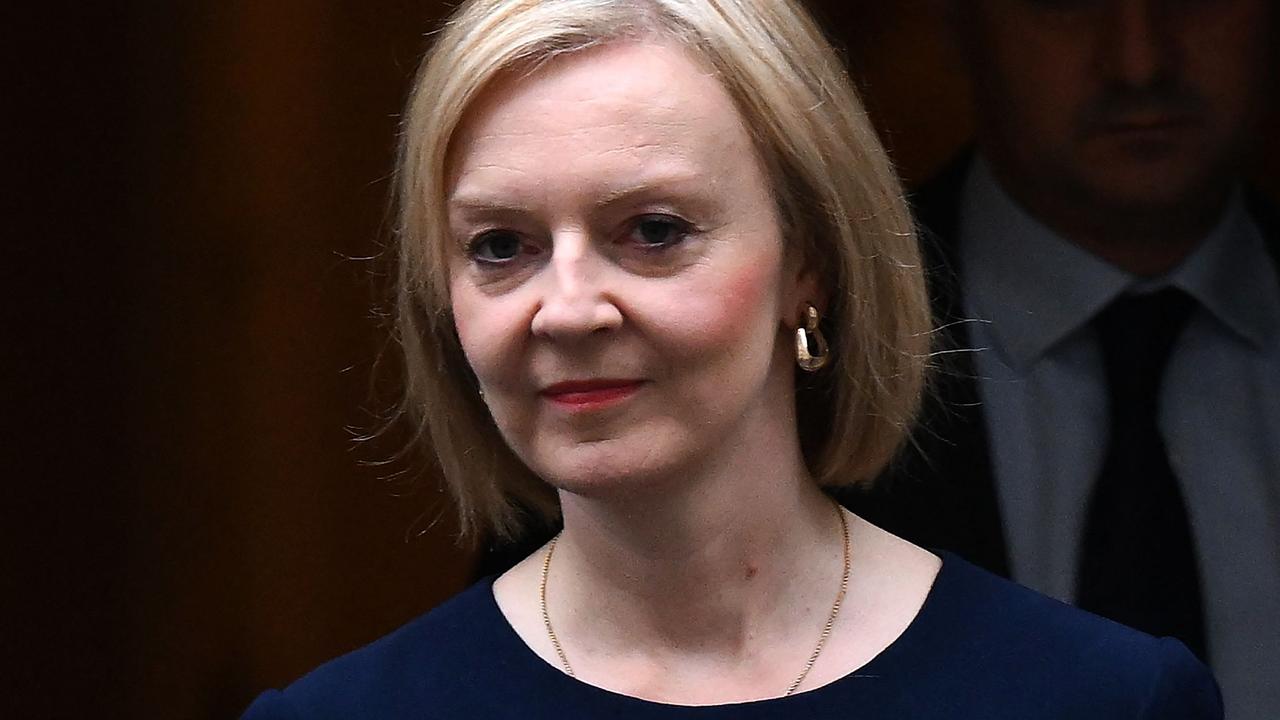
‘What on earth were you thinking?’
Next, on BBC Kent, host Anna Cookson began her interview with the Prime Minister by reading out emails from a handful of her listeners.
“What on earth were you thinking? The country was already in a state of recession,” said one such listener.
“How can we ever trust the Conservatives with our economy again?” asked another.
“Are you ashamed of what you’ve done?” asked a third.
“I think we have to remember what situation this country was facing,” said Ms Truss.
“We were going into the winter with people expecting to face fuel bills of up to 6000 pounds ($10,000). Huge rates of inflation.”
“And you’ve made it worse,” Cookson interjected.
“People are worried about their mortgages, and they’re tearing their hair out about their pensions. I’ve got so many messages on this.”
“This will curb inflation,” Ms Truss claimed. She suggested the energy policies would lead to inflation being 5 per cent lower.
“We’ve seen the Bank of England having to intervene because of the measures your government brought in on Friday. This doesn’t normally happen,” said Cookson.
“We’re working very, very closely with the Bank of England,” said the Prime Minister.
“They’re putting out your fire,” said the host.
“The Bank of England run an independent policy,” Ms Truss said, again going on to mention the “very difficult international situation”.
“When the Chancellor talks about more tax cuts, that has massively affected the markets. Let’s not shy away from that. We saw the pound absolutely dive, and we’ve all got used to talking about bonds and gilts – this cannot happen. We cannot have our entire monetary security undermined like this,” said Cookson.
“Well as I say, we’re working very closely with the Bank of England. We face a very difficult international situation. And I am very clear: the government has done the right thing by taking action,” Ms Truss fired back.
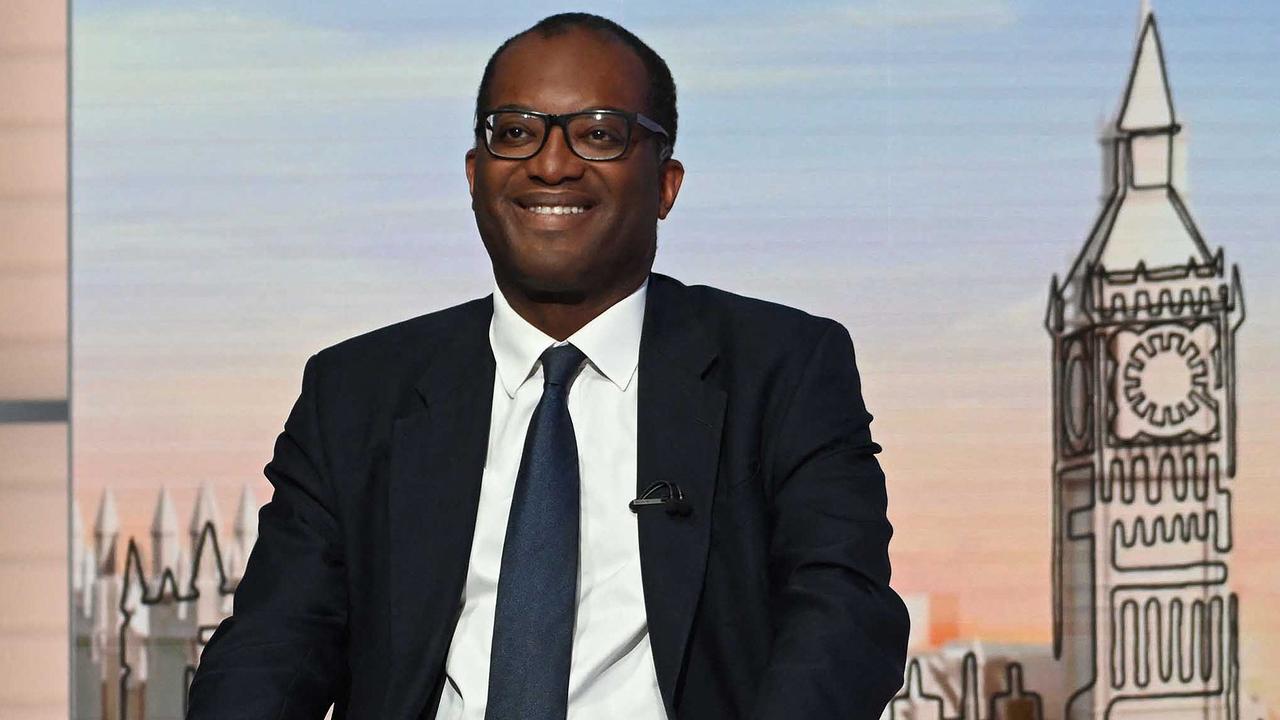
Over on BBC Bristol, host James Hanson grew frustrated with Ms Truss for repeating the same “scripted” answers she’d given to other stations.
“You’ve got the Bank of England stepping in now to try and clean up a mess the government has caused. That’s never happened!” Hanson vented.
“We have a very difficult global situation because of the war that Vladimir Putin has perpetrated in Ukraine. And countries are under pressure around the world,” Ms Truss responded.
“Yes but this isn’t Putin. Your Chancellor, on Friday, opened up the stable door and spooked the horses so much you could almost see the economy being dragged behind them,” Hanson interjected.
“This is about Putin and the war in Ukraine,” the Prime Minister insisted after a pause.
“So the Bank of England’s intervention yesterday was the fault of Vladimir Putin, was it?” Hanson asked.
“What I’m saying is that it’s very difficult in stormy times in the international markets,” she told him.
At another point in the interview, Hanson asked whether Ms Truss could “guarantee” to listeners “that their pensions are safe”.
“Well the Bank of England does a very, very good job on delivering financial stability,” the Prime Minister said.
“That’s not an answer. Can you guarantee that people’s pensions are safe?” he pressed.
“Well the Bank of England do that, and they do a very good job of it,” she repeated. Not a no. Not a yes, either.
OH MY DAYS
— Toby Earle 🇺🇦 (@TobyonTV) September 29, 2022
James Hanson, BBC Bristol, calls out Liz Truss’s scripted answers, refuses to accept this is all down to Putin, & asks if the Bank of England had to intervene because of him pic.twitter.com/bEszmstPwx
Finally, on BBC Stoke, Ms Truss declared her economic plan was about “how we grow the size of the pie so everyone can benefit”.
“By borrowing more. And putting our mortgages up,” host John Acres shot back.
“We need to borrow more this winter for the energy crisis that we’re facing,” Ms Truss responded after a pause.
“We’re going to spend more in mortgage fees from what you’ve done, based on the predictions, than we would have saved with energy,” Acres put to her.
It took Ms Truss five seconds to say anything.
“I don’t think anyone is arguing that we shouldn’t have acted on energy,” she eventually said.
‘Madness upon madness’
As one might expect, Ms Truss’s political opponents blasted her continued defence of the government’s policies. The chief opposition party, Labour, reiterated its call for parliament to be recalled, accusing her of making a “disastrous situation worse” with her flurry of morning interviews.
“If the Prime Minister continues to prioritise saving her face over saving people’s homes, Tory MPs must join Labour in calling for parliament to be recalled so this kamikaze budget can be reversed,” said Shadow Chancellor Rachel Reeves.
“Failure to do so will make them complicit in this reckless bout of economic self-harm.”
The Scottish National Party called Ms Truss “reckless, clueless and completely out of touch” with regular people. The party’s leader in the parliament at Westminster, Ian Blackford, even suggested the Prime Minister “step aside”.
“No one will feel reassured after the Prime Minister’s car crash radio interviews this morning, and the longer she refuses to act, the more damage she will do,” he said.
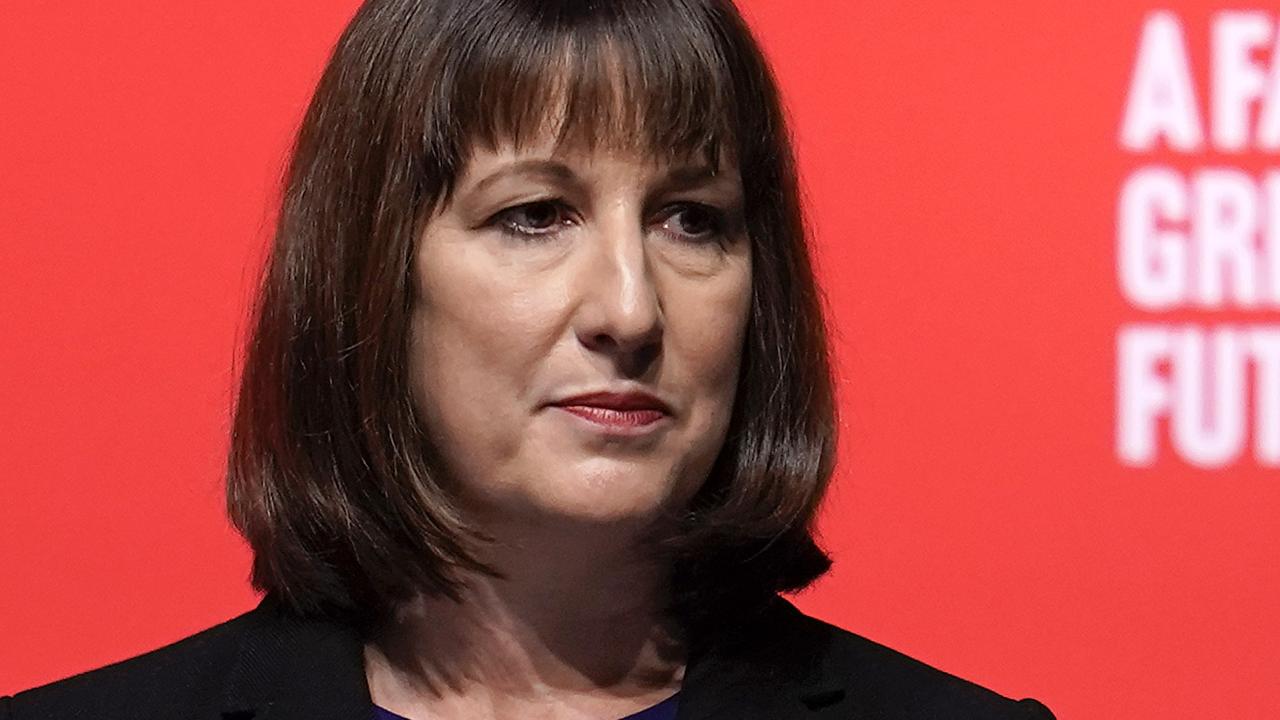
A great number of political journalists and pundits also took a dim view of the Prime Minister’s stance.
LBC radio host James O’Brien described it as “madness upon madness upon madness”, and called the senior members of her government “headless chickens”.
“You’re looking at Liz Truss speaking publicly and making an appalling situation worse. By refusing to admit a mistake, and by continuing to claim that everything is going according to plan and this was actually the right thing to do, she spooks the markets further.
“This is where things get truly surreal. Because the distance between rational reality and this government now is so enormous that you could drive the Titanic through it.
“What the Bank of England did yesterday was essentially slam on the emergency brakes on the government. The (government’s mini-budget) had done such damage to the market that the Bank of England had to use a bunch of money to buy up stuff that, if not bought up, could have seen a run on your pension fund.
“Then today the Prime Minister came out and she essentially doubled down on the policy that has both spooked the markets and compelled the central bank to directly seek to undo some of the damage done by a government policy.
“This morning, as she spoke, as she was speaking, some of the damage undone by the Bank of England yesterday was redone.”
O’Brien urged Ms Truss to “do the U-turn and own it”.
“Say, ‘Unlike other politicians, when things go wrong, I will take the responsibility for it and I will admit the mistake,’” he suggested.
“There’s no point having a mind if you never change it.”
Mail on Sunday columnist Dan Hodges was equally unforgiving.
“This is a terrible media round from Liz Truss. Robotic. Completely lacking in empathy. But it’s also revealing the fundamental problem: the policy itself is utterly, completely and totally indefensible,” Hodges wrote.
“Truss currently sounds like a prerecorded message telling you she’s sorry the government is out, but please call back later.”
That was an utter disaster for Liz Truss. But there was no way it couldn't have been a disaster. There is nothing left to debate now. She either reverses course, or she gets wiped out politically. Those are the choices she faces.
— (((Dan Hodges))) (@DPJHodges) September 29, 2022
Liz Truss insisted economic chaos is not confined to the UK and there are "stormy times" across the world.
— Jack Maidment (@jrmaidment) September 29, 2022
She refused to accept the mini-Budget had played any sort of role in the instability we have seen domestically since last Friday.
Safe to say a lot of people disagree.
Not sure why No 10 thought a regional radio round was a good idea.
— Jack Maidment (@jrmaidment) September 29, 2022
It was eight five-minute interviews in a row of Liz Truss being asked the same bruising questions over and over again.
One of the more brutal morning rounds I can remember.
This silence spoke volumes.
— Paul Waugh (@paulwaugh) September 29, 2022
Truss: "Too often, tax policy has just been seen as being about redistribution. It's not. It's also about how we grow the size of the pie so that everyone can benefit "@johnacres48: "By borrowing more and putting our mortgages up."
Truss:..long pause
“Her strategy just seems to be to pretend she’s living in an alternate reality. And to blame it all on the international situation,” said Observer columnist Sonia Sodha.
“Not a single note of contrition from Liz Truss, or even the slightest indication she plans to change course in any way,” noted Adam Bienkov from The Byline Times.
There were also renewed calls for the Chancellor, Mr Kwarteng, to bring forward the publication of his medium-term fiscal plan, currently scheduled for November 23. That plan will explain how he intends to bring doubt the national debt, and as such could potentially calm the spooked financial markets.
However, speaking on morning television, senior Treasury official Chris Philip said the date was “fixed for the 23rd” – almost two months from now.




